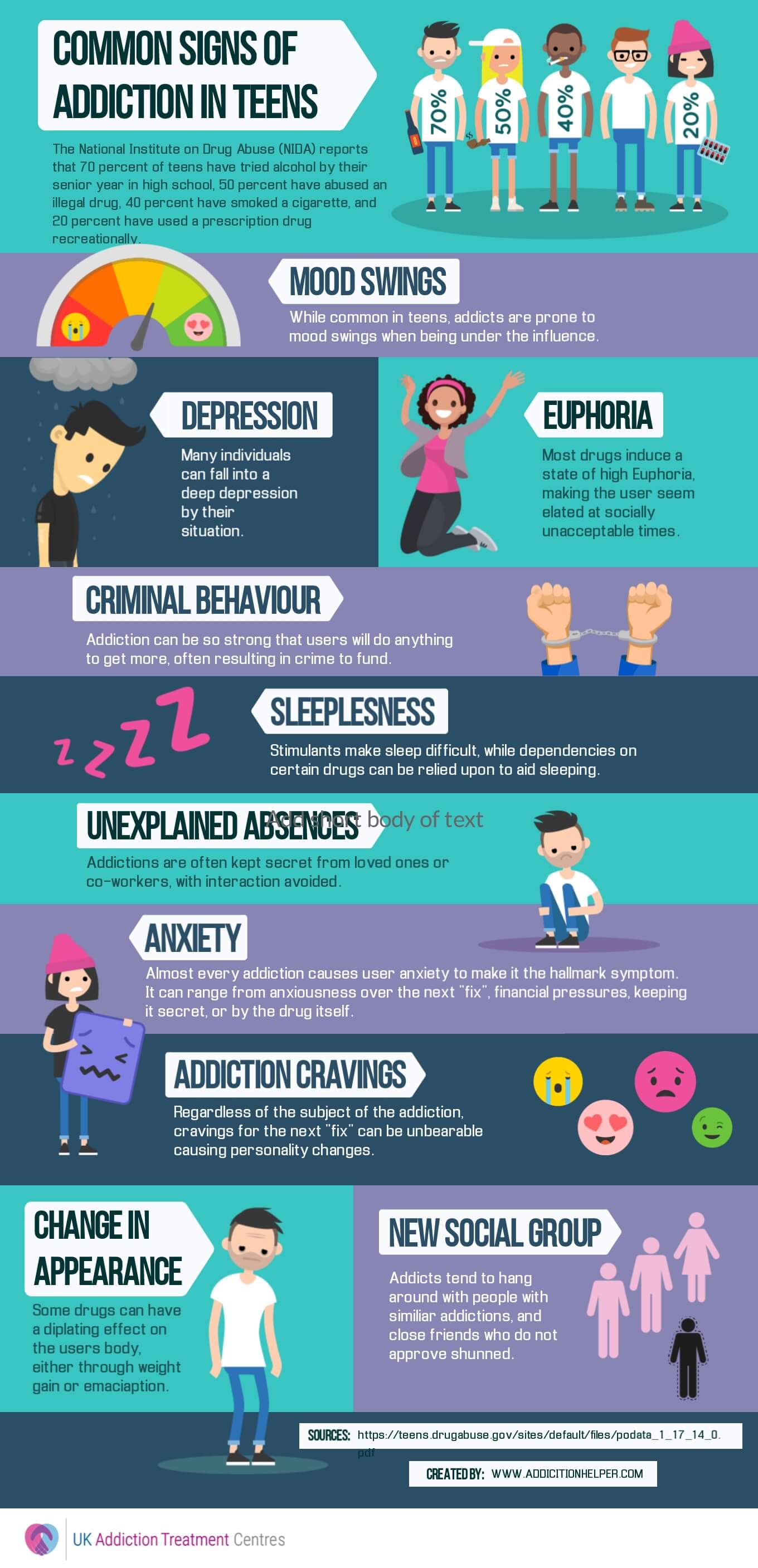Discover The Significance Of Post-Treatment Treatment In Substance Abuse Rehab For Continual Healing. Check Out How Helpful Networks Can Aid In Maintaining Sobriety And Producing A Significant Existence
Discover The Significance Of Post-Treatment Treatment In Substance Abuse Rehab For Continual Healing. Check Out How Helpful Networks Can Aid In Maintaining Sobriety And Producing A Significant Existence
Blog Article
Authored By-Johannsen Butcher
You can not do it alone. Recovery from drug dependency calls for a strong support group.
The relevance of aftercare in drug rehab can not be overemphasized. In this article, we will check out the function of counseling, the benefits of therapy, and the structure offered by peer support groups in maintaining sobriety.
So, get hold of a mug of coffee, relax, and allow us guide you through the critical actions of post-rehabilitation support.
The Duty of Counseling in Aftercare
If you want to keep your soberness after leaving rehab, it's vital that you continue participating in therapy sessions as part of your aftercare strategy.
Counseling plays a vital function in your recuperation trip by offering recurring support, advice, and a safe space to express your feelings and concerns.
With counseling, you can address any underlying issues that may have contributed to your addiction, develop coping strategies, and learn healthier methods to handle stress and desires.
It enables you to resolve any kind of unresolved emotions and create a better understanding of yourself and your triggers.
The Benefits of Treatment in Keeping Sobriety
To preserve your sobriety, therapy can provide many advantages.
- Related Web Page offers a safe room for you to explore and resolve the underlying problems that may have added to your dependency.
- It allows you to overcome your feelings and establish much healthier methods of managing stress and activates.
- Through treatment, you can acquire a much better understanding of on your own and your patterns of actions, which can assist you make favorable modifications in your life.
- Furthermore, therapy offers you with a support system of specialists that are trained to lead and aid you on your trip to healing.
- They can use useful understandings, tools, and strategies to help you navigate the obstacles that might emerge.
- In therapy, you can learn to create healthy and balanced coping skills, develop resilience, and enhance your overall wellness.
Peer Support Groups: A Foundation for Lasting Healing
You can find lasting healing by proactively taking part in peer support groups and getting in touch with others that share comparable experiences and goals.
Peer support groups give a safe and non-judgmental space where individuals in recovery can collaborate to share their battles, successes, and understandings. By proactively participating in these teams, you can receive the assistance and encouragement you need to stay on the course of recuperation.
Getting in have a peek at this website with others that've undergone comparable experiences can be extremely equipping, as it assists you realize that you aren't alone in your journey. It likewise permits you to gain from others who have actually efficiently gotten rid of similar difficulties. With each other, you can celebrate turning points, hold each other responsible, and offer assistance and suggestions.
Via these links, you can construct a strong support group that will assist you browse the ups and downs of healing and eventually locate enduring recovery and transformation.
Final thought
You have actually discovered the essential role of aftercare in drug rehabilitation. Counseling, therapy, and peer support system contribute to lasting healing. Right here's an astonishing figure to understand the magnitude of the problem: studies show that individuals who receive aftercare treatment are 50% more probable to preserve soberness contrasted to those that do not.
So, imagine the transformative power of these support systems in helping individuals recover their lives and develop a brighter, drug-free future.
